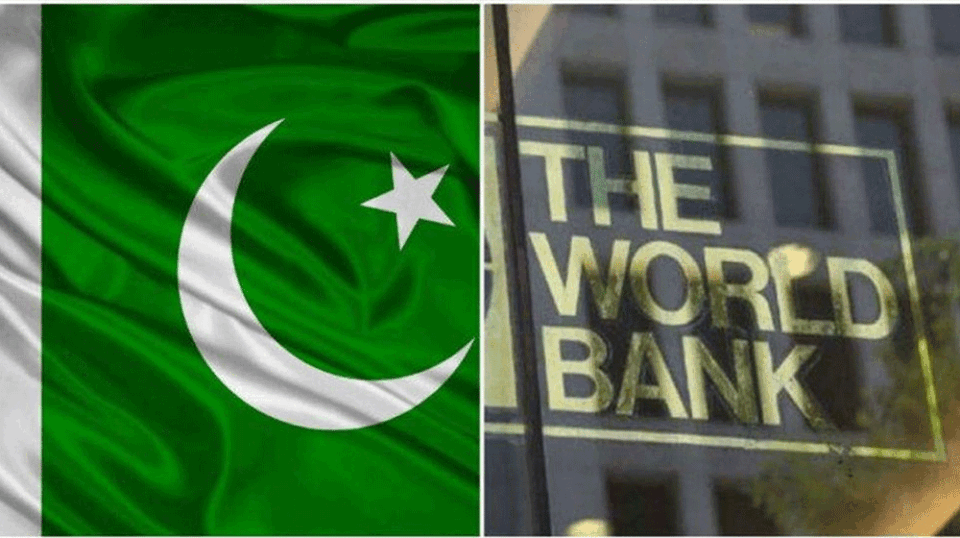World Bank Approves $47.9 Million Grant to Boost Education in Punjab
The World Bank has approved a grant of US$47.9 million to improve access to quality education in Punjab, Pakistan. The funding comes through the Global Partnership for Education Fund and is designed to enhance learning opportunities for children at the pre-primary and primary levels.
Project Goals
The initiative, titled “Getting Results: Access and Delivery of Quality Education Services and System Transformation in Punjab Project”, will focus on:
-
Expanding early childhood education programs
-
Re-enrolling out-of-school children
-
Supporting teachers with training and resources
-
Strengthening the education system’s ability to respond to climate change and emergencies
By addressing these areas, the project aims to improve both learning outcomes and resilience within Punjab’s education sector.
Impact and Reach
The program is expected to directly benefit more than 4 million children across the province, including:
-
80,000 out-of-school children
-
Over 3 million students enrolled in government schools
-
850,000 children in non-formal education programs
-
140,000 differently-abled students in special education schools
In addition, more than 100,000 teachers and school leaders will receive professional training. Parents and communities will also be engaged through awareness campaigns, ensuring long-term sustainability.
Supporting Human Capital Development
According to Bolormaa Amgaabazar, World Bank Country Director for Pakistan, the project represents an important step toward reducing learning gaps and ensuring equitable access to education:
“By strengthening foundational learning, enhancing system capacity, and promoting behavioral change, this project will contribute to long-term human capital development and economic growth in Punjab.”
The initiative also aligns with Punjab’s broader education reform agenda, which emphasizes effective governance, accountability, and inclusivity in the education sector.
Looking Ahead
With this support, Punjab aims to build a stronger, more inclusive education system—one that empowers schools, involves communities, and ensures that children, regardless of background or ability, have access to quality learning opportunities.

